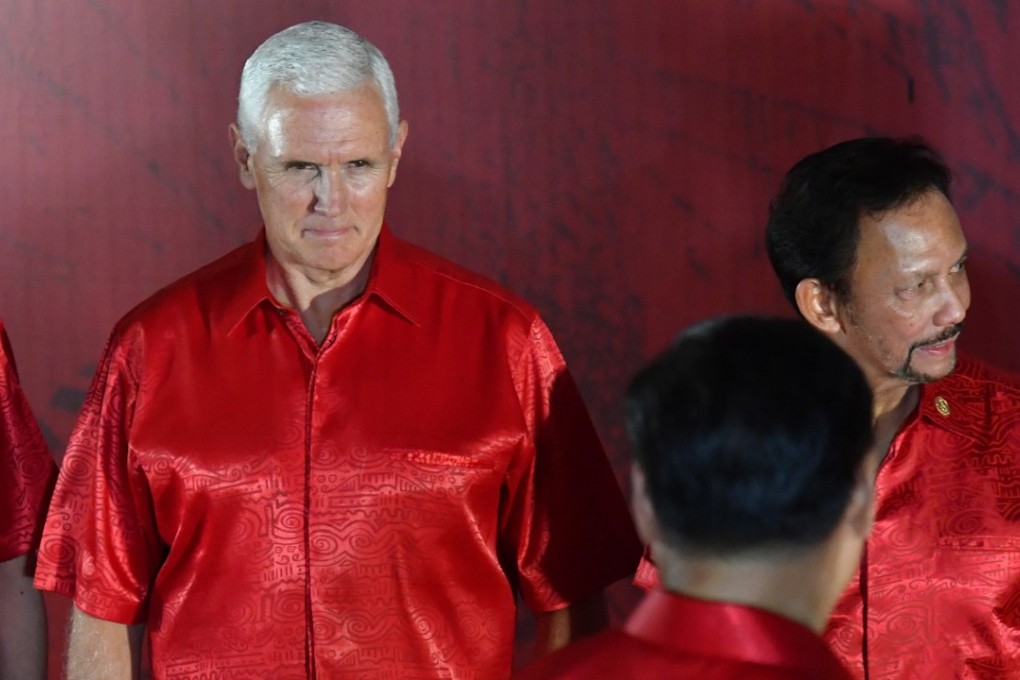No resolution, no problem: Apec united in desire for more trade and growth
- Disagreements over WTO reform saw this month’s Apec summit end without a joint statement
- But most economies making up the bloc agree commerce remains vital, despite the US-China trade war dominating proceedings

Alan Bollard, the outgoing executive director of the 21-member intergovernmental forum, on Tuesday said leaders had shared candid views during the meeting in Papua New Guinea and agreed on almost everything in a draft declaration.
“Where we had some differences, it was around some adjectives on how we characterised trade,” Bollard said at a seminar in Singapore. “What they agreed on was the continued importance of trade – there’s no difference in that. Everybody wants trade to continue and to grow, and we want more trade-driven growth.”
In a statement on Tuesday, Bollard said Apec members also achieved “full consensus” on measures including “important work to further advance women’s participation in the economy [and] leveraging digital technology to bridge the development gap”.
“All of this will help improve the lives of the people in the region and will continue to serve as the basis for Apec’s work in the coming years,” the statement said. “During the retreat, some leaders said that it is healthier not to paper over the divergent views member economies hold on trade. Such discussion falls within the spirit of the forum.”
